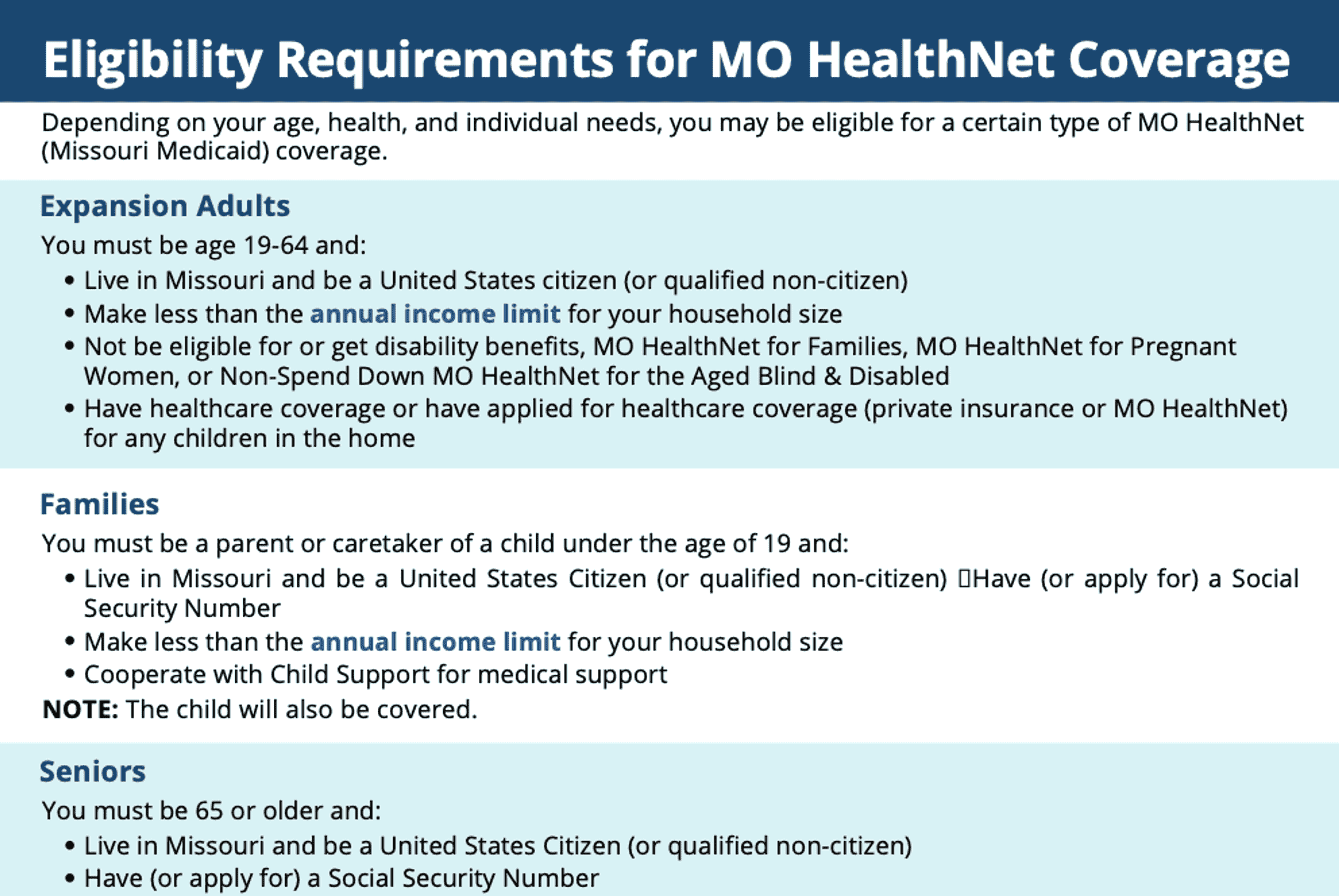Several illnesses making headlines in Missouri and beyond
COVID, bird flu, mpox, RSV and Legionnaires' disease are all grabbing attention in Missouri and beyond.
A handful of health conditions are making headlines around the world and are being watched locally and across Missouri.
Cape Girardeau County has seen a surge in COVID-19, as reported by the Southeast Missourian on Tuesday, Aug. 20.
Nationally, a summer swell in cases is the largest summer COVID-19 wave since 2022. The overall level of COVID-19 in wastewater is the highest it has been since last winter. But other conditions are also grabbing the attention of health experts.
Bird flu
The cases of bird flu are being monitored across the U.S. after a handful of human cases of the illness in Colorado in the past several weeks put the poultry and beef industries on alert.
The risk for humans at this time remains low, but it’s caused the price of eggs to go up, and some in Colorado are reporting that their pet cats have died from the bird flu.
The Centers for Disease Control and Prevention reports the public health risk is low but the H5 bird flu is “widespread in wild birds worldwide and is causing outbreaks in poultry and U.S. dairy cows.” Some travel limits or regulations have been placed on livestock that travel across state lines.
No human cases have been reported this year in Missouri, though several cases of bird flu in turkeys were recorded at a commercial operation in Dallas County in February.
Mpox
Mpox, formerly called monkeypox, is stirring concerns in Africa. The World Health Organization declared mpox a public health emergency of international concern Aug. 14 following outbreaks in the Democratic Republic of Congo and 13 other African countries. One case of the new variant was identified in Sweden last week.
According to reporting by the Associated Press, mpox cases across Africa are up 160% and deaths are up 19% compared to the same period in 2023. So far, there have been 14,000 cases and more than 500 deaths in Africa, much higher than previous years.
This version of mpox appears more fatal than the 2022 version that made headlines as the virus was confirmed to spread via sex for the first time.
Mpox is in the same family as smallpox, but the symptoms are milder. In addition to fever, chills and body aches, mpox also can cause legions on the face, hands, chest and genitals. The risk to the general population is “very low” officials have said.
Previously, gay and bisexual men were the most vulnerable to catch the disease, but with the new variant in Africa, children younger than 15 account for more than 70% of the mpox cases and 85% of the deaths, according to AP reporting.
Locally, the Cape Girardeau County Public Health Center has vaccines for the mpox, should an outbreak approach Southeast Missouri.
RSV
The U.S. Department of Health and Human Services launched a public relations campaign Monday, Aug. 19, to educate the public about common respiratory viruses and available vaccines, including RSV.
RSV, short for respiratory syncytial virus infection, hospitalizes up to 80,000 children younger than 5 years old and up to 160,000 adults age 65 years and older, according to CDC figures. RSV kills up to 10,000 adults and up to 300 children every year.
Last year, the peak hospitalization was 4.2 hospitalizations per 100,000 people.
In June, the CDC updated its recommendation for RSV vaccines in people ages 60 and older. For the upcoming respiratory virus season, the CDC recommends:
• everyone ages 75 and older receives the RSV vaccine
• people ages 60-74 with chronic medical conditions, or who live in nursing homes receive the vaccine.
The RSV vaccine is not administered annually, so those who received a vaccine last year should not get one. The CDC says the best time to get an RSV vaccine is late summer or early fall.
RSV immunizations are also recommended for babies 8 months or younger, particularly if their mother did not receive the vaccine.
Legionnaires’ disease
The Missouri Department of Health and Senior Services reported three individuals who stayed at Roaring River Lodge and RV Park in Cassville were diagnosed with Legionnaires’ disease after their stay.
Legionnaires’ disease is a serious type of pneumonia, caused by breathing in small water droplets containing Legionella bacteria, the HSS reported.
The CDC reports Legionnaires’ disease can grow in pipes and can spread through public hot tubs and showers, especially if taps are not routinely turned on and off.
Legionnaires’ disease doesn’t spread from one person to another.
Connect with the Southeast Missourian Newsroom:
For corrections to this story or other insights for the editor, click here. To submit a letter to the editor, click here. To learn about the Southeast Missourian’s AI Policy, click here.











